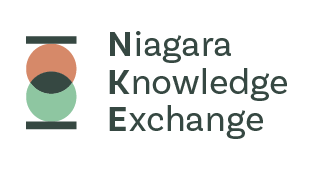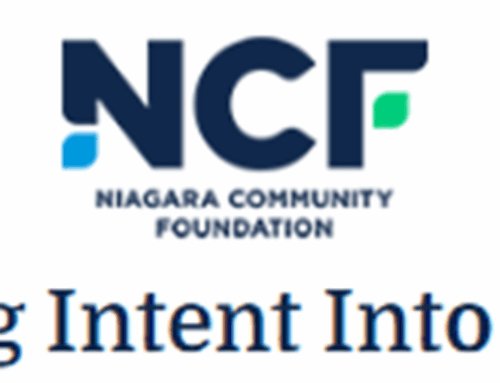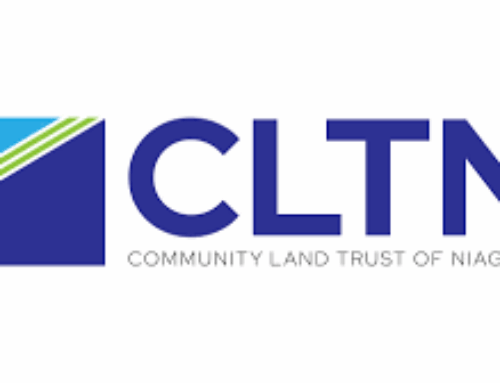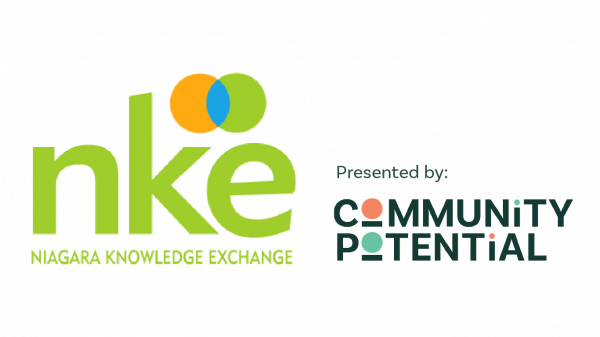What makes people healthy isn’t just genetics and lifestyle choices. Access to healthy food, education, employment, income, and opportunities for connectedness all have significant impacts on a person’s overall health and wellbeing.
Social prescribing is a specially structured way of referring people to a range of local, non-clinical services. It complements clinical treatments and seeks to address people’s needs in a holistic way. This asset-based approach goes beyond treating illnesses. It recognizes people as not just patients with needs, but as community members with gifts to share, while supporting them to engage with and contribute back to their communities.
From September 2018 to December 2019, eleven community health centres (CHCs) across Ontario participated in Rx: Community, Canada’s first social prescribing research pilot. Using client- and community-centered design thinking, they identified non-clinical interventions, built a structured referral pathway, and tracked the impact of their work.
Social prescribing looks different in different communities. Five essential components have emerged as the foundation of an impactful model of social prescribing: the individual or client, the prescriber, the navigator, the social prescriptions, and the data pathway.
Published By: Alliance for Healthier Communities
Publication Date: March






